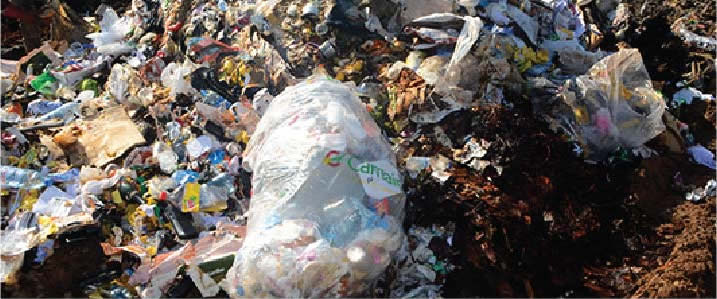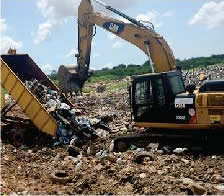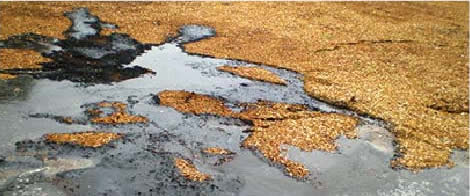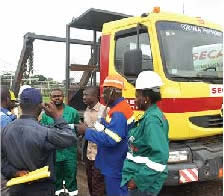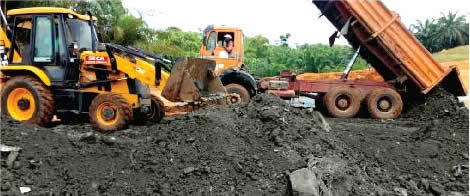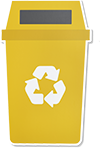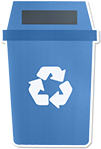What is waste?
Any residue from a production, transformation or use process, any substance, material, product or more generally any movable property abandoned or that its holder intends to be abandoned is considered as waste. Anyone who produces or holds waste (...) is required to ensure or arrange for its disposal. The company is always considered to be the producer and / or holder of the waste. Law No. 96/12 of August 05, 1996 on the framework law relating to environmental management. National Strategy for Waste Management. 2007
Industrial waste management
- Special industrial waste or SIWare waste that has a polluting or toxic character such as paint cans, tubes of glue, thinner bottles, certain asbestos waste ...
- Ordinary industrial waste or OIW are of the same type as household waste: Polyesther, wood, bag of cement and heat, plaster, cardboard, certain plastics, rubbers, metals and offcuts of electrical wires ...
- Inert industrial waste are non-polluting in nature such as rubble, bricks, cement, mortar or concrete bases, stones and natural earth, glass, tiles and ceramics ...
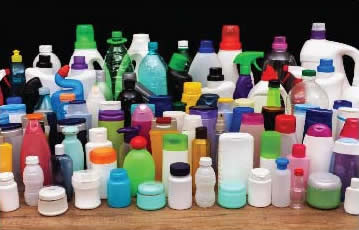
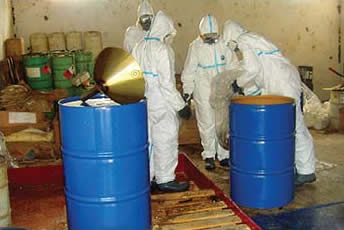
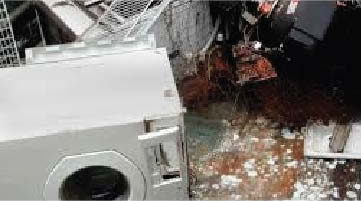
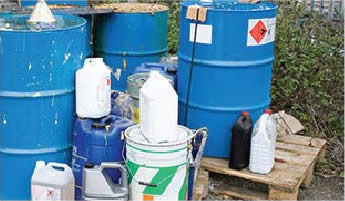
Hazardous waste presents risks for the population and the environment. They are subject to special precautions. These include:
- Devices containing PCB and PCT
- Expired or residual chemicals: paint cans, oils, batteries, filters
- Waste electrical and electronic equipment (WEEE), printing cartridges, batteries and accumulators;
- Fluorinated gases, used whole mineral oils and synthetics;
- Medical waste (DASRI and drugs);
- Agribusiness waste (unused plant protection products and used chemical personal protective equipment:
- End of life vehicles
- Oil sludge and polluted soil
Our job is to recognize them, sort them, transport them, recycle them or eliminate them under regulatory conditions.
Waste management is now a matter of expertise. It is about getting to new rules and being able to respond scientifically to this new situation.
Faced with the growing congestion of waste, regulations have gradually evolved. Landfilling is limited to so-called ultimate waste, that is to say waste that can no longer be recovered either for its energy content or that of agriculture.
